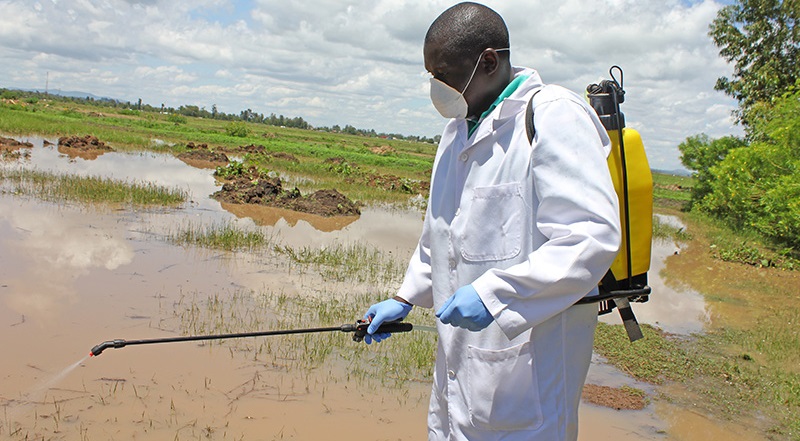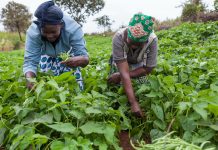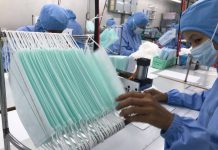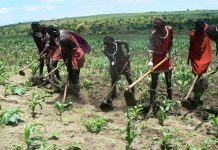MORE than 67 councils have an outstanding debt amounting to 1.7bn/- from the National Development Corporation (NDC) for biolarvicides they purchased from its subsidiary company Tanzania Biotech Products Limited (TBPL).
NDC Managing Director Prof Damian Gabagambi said the Councils took the biolarvicides to eradicate malaria since 2017 after President John Magufuli directed them to do so.
“We are still making a follow-up with the Councils though, it has never been easy,” Prof Gabagambi told this newspaper.
He further said that after consistently following up with the Councils, no success has been registered, which therefore, compelled them to contact the Ministry of State in the President’s Office responsible for Regional Administration and Local Government, which decided that any outstanding bill from such Councils, should be directly deducted individually from the treasury.
In the course, the corporation wrote a letter to the treasury concerning on the directive, where in December last year, some saw their budget slashed to compensate NDC.
In June 2017, President Magufuli visited the factory and ordered the Ministry of Finance and Planning to disburse 1.3bn/-to purchase roughly 100,000 litres of biolarvicides that had been in the factory for a long time, because it lacked market.
However, according to Prof Gabagambi NDC has embarked on another strategy where it contacts local government officials, especially in Dar es Salaam to link them up with spraying insecticides companies.
He said that the corporation will also contact large mining companies and plantations to procure biolarvicides in favour of the local community to control Anopheles larvae.
Prof Gabagambi further said they will also link up with the National Environment Management Council (NEMC) during their inspection of several projects to promote use of non-toxic pesticides instead of actual chemicals’ sprays.
The biolarvicide production firm, a unique one in Africa, was constructed as a result of international corporation agreement between Tanzania and Cuba in which the later provided technology while Tanzania financed the construction of the plant at a cost of 22.3 million US dollars for the major objective of fighting malaria.
NDC was recently granted responsibility for selling the drugs, which previously, according to the agreement , LABIOFAM Cuban factory, was supposed to run parallel and find markets for goods, however, it did not implement it accordingly causing production to be down.
The NDC Managing Director further noted that the factory could produce six million litres of biolarvacides per year, but so far it has produced only 570, 000 litres, and, therefore it still has room for expansion.
He said the product has been sold in local and foreign markets, including Niger and Angola and to the Doctors without Borders, noting that Mozambique and Kenya have also shown interest to make purchases.







